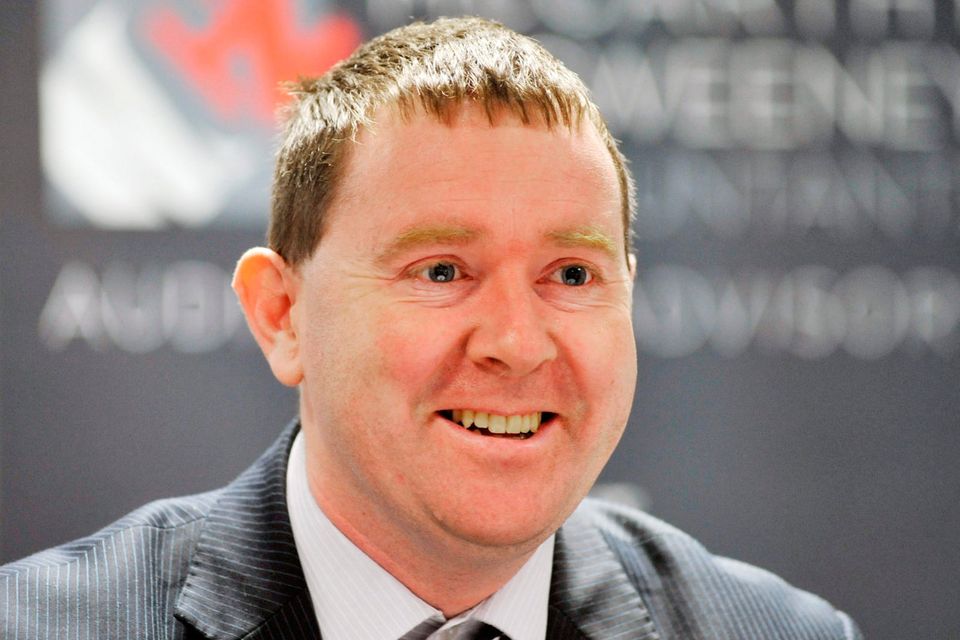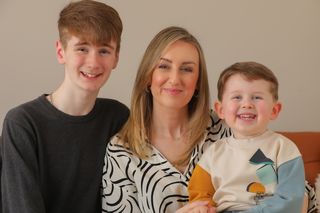Shake-up of EU tax rules a 'more serious threat' to Ireland than Brexit
Seamus Coffey Photo: Daragh Mc Sweeney
A shake-up of European tax rules to standardise the way corporation tax is calculated would be a more serious threat to Ireland than Brexit, the head of the State's budgetary watchdog has warned.
European Commission President Jean-Claude Juncker wants to see the so-called Common Consolidated Corporate Tax Base (CCCTB) plan pushed through without requiring the agreement of all member states.
In his published State of the Union address yesterday, he said he wanted it implemented via qualified majority voting (QMV), rather than by the unanimous agreement of all countries.
But the Government here is opposed to the CCCTB plan, amid concerns it would undermine the competitiveness of the 12.5pc corporate tax rate that has helped make the country a favourite European base for US multinationals.
Mr Juncker is "strongly in favour of moving to qualified majority voting for decisions on the Common Consolidated Corporate Tax Base, on VAT, on fair taxes for the digital industry and on the financial transaction tax".
He added: "Europe has to be able to act quicker and more decisively."
But Fiscal Advisory Council chief Seamus Coffey said the introduction of CCCTB would be "more serious" than Brexit for Ireland.
He said Ireland is "in a bit of a sweet spot" when it comes to attracting investment and raising corporation tax, particularly from US companies.
"CCCTB would no longer leave us in that sweet spot," he said. He said the proposals would be "a threat" to Ireland and "a dramatic shift in terms of allocation of taxing rights".
Read More:
"Let's just assume they both happen, in my view the CCCTB would be more serious. We can work our way around Brexit.
"Yes, it will have a large impact and there's significant links between Ireland and the UK.
"But in terms of our economic approach and attracting economic investment, the impact of the CCCTB would outweigh the risks of Brexit," Mr Coffey told the Oireachtas Committee on Budgetary Oversight.
A spokesperson for Taoiseach Leo Varadkar last night said he will oppose any change to existing EU voting rights on corporation tax.
Finance Minister Paschal Donohoe will attend the informal Ecofin later this week where these issues will be discussed.
Aidan Regan, assistant professor of politics and international relations at University College Dublin, said the bigger countries in Europe will want to push through CCCTB.
"France, Germany, most of the member states want to get this through," Mr Regan told the Irish Independent. "They're not going to be held up by an island off the coast of Britain. So I'm not that surprised that Jean-Claude Juncker has suggested they will move to QMV for something like this. Whether they get that far and get it through, is an open question."
To confuse matters, Mr Juncker did not make specific mention of CCCTB in his delivered address in front of the European Parliament yesterday. But the reference remained in his published address, in bold lettering, on the Commission's website throughout the day.
Afterwards, European Commission deputy chief spokesperson Alexander Winterstein told the Irish Independent the published version had been authorised by Mr Juncker, and was accurate.
Business group Ibec welcomed Mr Juncker's commitment to strengthen the European trade agenda and open markets for exports. But its director of policy and public affairs, Fergal O'Brien, added it had "strong concerns" about moving towards qualified majority voting on sensitive policy matters, such as taxation.
"It is essential for the Irish economic model we maintain full sovereignty when it comes to decision making on all taxation matters. Now more than ever, in a post-Brexit Europe, Irish businesses must be competitive," he said.
Join the Irish Independent WhatsApp channel
Stay up to date with all the latest news















